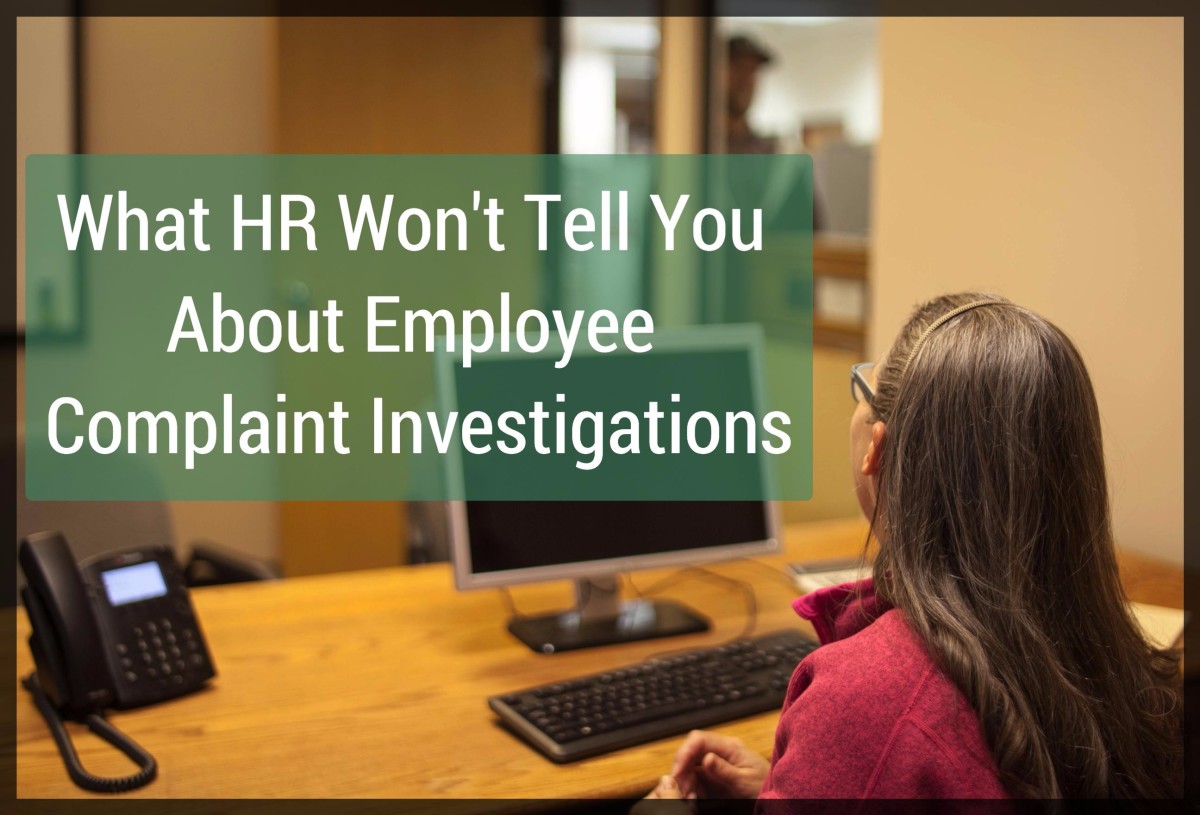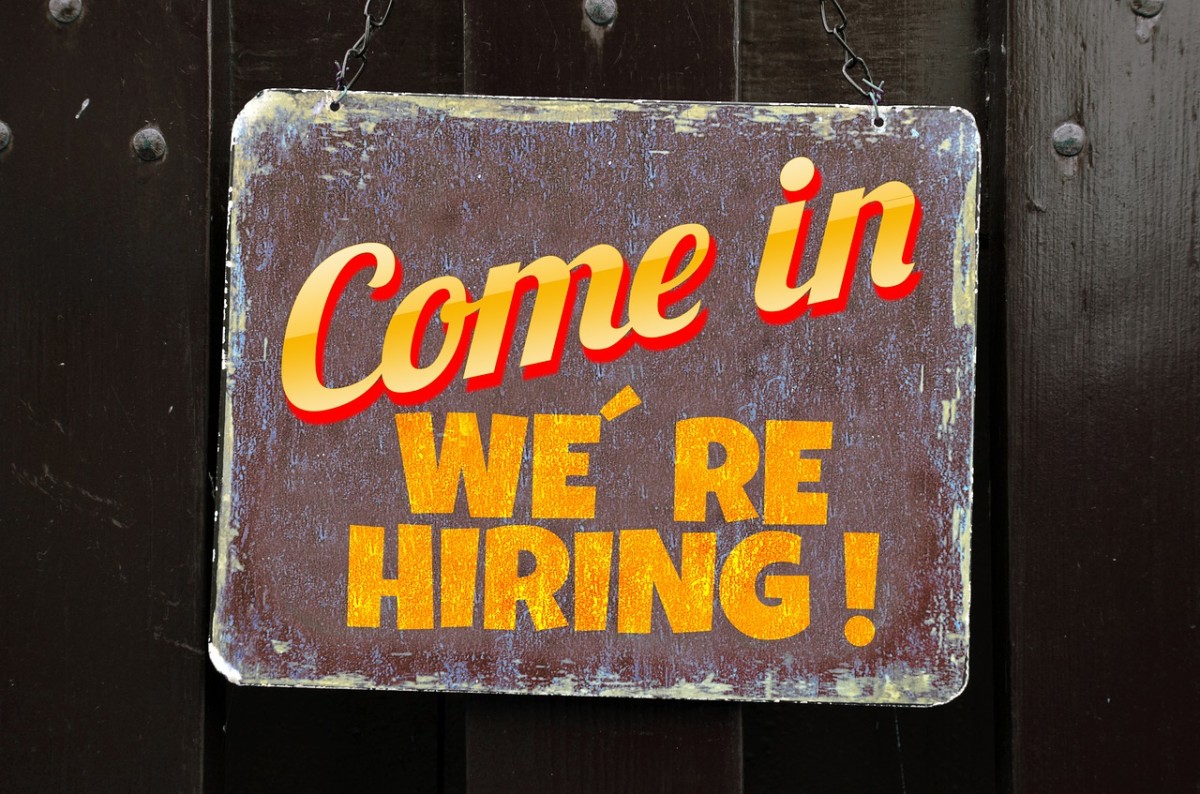State Employment Laws – Final Paychecks, Overtime, Other Issues for Employees
If I work 9 hours, should my employer pay me overtime for the 9th hour?
If I call in sick one day, but I work ten hours the next day, should I be paid overtime?
If I was fired, is my employer supposed to give me my paycheck right away?
If I am a tipped employee, can my employer pay me less than minimum wage?
These are just a few examples of frequently asked questions that arise during the course of employment. In order to find the answers to these questions, and other questions surrounding employment, employees must refer to the department that handles labor in the state in which they live.
Some people mistakenly believe that all employment issues are handled by the United States Department of Labor (US DOL). This is not the case. Some states have very stringent employment laws and regulations, while other states refer to the US DOL for regulation. The laws that are more beneficial to the employee is the law that is used.
For example, California has stringent employment laws from overtime to final paychecks. While the Department of Labor indicates that overtime will only be paid after 40 hours are worked in a workweek, California adheres to the 8-hour workday, regardless of the number of hours worked in a workweek. The United States Department of Labor indicates that employees must wait until the next regular payday to receive their final paycheck, while California mandates a final paycheck be given immediately to an employee upon termination.
Another example would be minimum wage. The US DOL states the minimum wage is $7.25 per hour. Alaska's minimum wage is $7.75 per hour. If you reside and work in Alaska, you are paid Alaska's minimum wage. Some states have a lower minimum wage. If you live in a state where the minimum wage is less than $7.25 per hour, you must be paid federal minimum wage.
Some states will handle all aspects of employment issues, including medical leave. Some states will handle one or two specific areas and refer everything else to the US DOL. If your state regulates a certain aspect of employment that is more stringent than the US Department of Labor, your complaint is submitted to your state.
For example, Alabama handles wage claims that are a direct result of normal wages not being paid in a timely manner. All other issues including overtime, being paid less than minimum wage, no rest or meal periods, etc. are referred to the United States Department of Labor. Most wage claims and issues in California are handled by the state.
In this hub, I am going to list all of the states in alphabetical order and provide the agency in which you need to contact to find out what employment issues are handled at the state level versus the federal level. I have highlighted some information for each state, with links provided in order to obtain specific information.
Because many states do refer to the US Department of Labor for employment issues that involve wages, I will first outline some of the most frequent issues involving wages and employment regulations using the US Department of Labor and provide links. I will then proceed with a list of states and each state agency that handles employment issues.
If you belong to a union, you should direct all employment issues/complaints to your union.
If your state refers to the US Department of Labor for (click links to read the information at US Dept of Labor):
Minimum Wage—the federal minimum wage as of 07/24/09 is $7.25 per hour. Because many states have its own minimum wage, the higher of the two will be paid to the employee. There are some exceptions.
Overtime Pay—overtime is calculated by no less than 1.5 times an employee’s rate of pay for any hours worked more than 40 hours in a workweek. Overtime is payable to salaried employees. There are some exceptions regarding overtime pay for exempt employees. Exemptions are based upon occupation and/or job title. The US DOL does not mandate overtime pay for weekends and/or holidays, unless the hours worked contribute to working more than 40 hours in a workweek.
Holiday, Sick, Vacation Pay—there is no requirement for employers to pay for holiday, sick, and/or vacation time. These are considered fringe benefits. Any payment for fringe benefits must be included in an employee handbook or company policy handbook, explicitly stating how it will be paid and/or if it will be paid upon termination.
Family Medical Leave Act—provides for at least 12 weeks of unpaid time off work for certain medical and/or family situations.
Severance Pay—is not mandated by the US Department of Labor. It is considered an agreement between the employer and the employee. If an employee did not receive severance pay as outlined in a written agreement, contact the Employee Benefits Security Administration.
Tips—employers may pay employees who receive tips $2.13 per hour as long as the combined wage and tips equal federal minimum wage (most states do mandate a higher rate of hourly pay).
Final Pay Checks—required to be given to the employee on the normal, regular pay day.
California Labor Law
- Hired as an Independent Contractor? Consider an Employment Attorney
If you are reading this, you may have already been taken for a ride by a dirty employer and need to find yourself an employment attorney. You probably responded to some sort of classified ad claiming that you... - California Overtime Labor Law: Do You Need an Employment Attorney?
Does your employer routinely deny you overtime pay? Let me guess, it wasn't authorized right? This is just one example of a sneaky trick or lie that some employers try to get employees to believe in... - California Labor Law: Final Paychecks
Did your employer terminate you and not give you a paycheck? In California, employers must give you your final paycheck, including unpaid or unused vacation time, at the time of discharge. There is no...
State Departments of Labor for Employees
Alabama: State of Alabama Department of Labor
Alabama handles only wage claims when employer fails to pay in a prompt and timely manner; all other regulations/complaints are handled by the US DOL.
Alaska: Division of Labor Standards and Safety
Alaska has state-specific regulations on numerous employment issues, some of which include:
FMLA, overtime, final paychecks
Arizona: Industrial Commission of Arizona
Arizona handles some wage claims; state-specific on final paychecks; refers to US DOL for most regulations and complaints.
Arkansas: Arkansas Department of Labor
Arkansa has some state-specific laws (final paychecks); refers to US DOL for most regulations.
California: California Department of Industrial Relations; Division of Labor Standards Enforcement
California has numerous state-specific employment regulations including overtime; final paychecks; accrued/prorated vacation must be paid on final paycheck; must pay minimum wage even if job includes tips; state specific for family medical leave--includes paid leave; most employment issues handled by the state, not the US DOL.
Colorado: Colorado Department of Labor and Employment
Colorado has several state-specific laws (final paychecks and includes accrued vacation time; state-specific overtime), US DOL handles medical leave; state handles most wage claims.
Conneticut: Conneticut Department of Labor
Connecticut has several state-specific laws (final paychecks, medical leave); state handles most wage claims.
Delaware: State of Delaware Department of Labor
Delaware handles most wage claims for both state-specific employment issues and administers most aspects of US DOL regulations/complaints;
District of Columbia: Department of Employment Services
District of Columbia has several state-specific regulations; mandatory sick-leave benefits, not payable upon termination; state-specific final paychecks; handles most wage claims;
Florida: Agency for Workforce Organization
Florida does not have a state agency that handles wage issues; however, the above link is an organization to assist employees with employment issues, although Florida residents will be referred to DOL to file complaints. Florida utilizes US DOL for employment regulations.
Georgia: Georgia Department of Labor
Georgia utilizes US DOL for most, if not all, employment regulations and complaints.
Hawaii: Department of Labor and Industrial Relations
Hawaii has state-specific family medical leave; most employment regulations handled by US DOL.
Idaho: State of Idaho Department of Labor
Idaho handles normal wage claims only; utilizes US DOL for employment regulations.
Illinois: State of Illinois Department of Labor
Illinois has some-state specific employment laws; handles some wage claims.
Indiana: Indiana Department of Labor
Indiana utilizes US DOL for employment regulations and most complaints.
Iowa: Iowa Labor Services Division
Iowa does not have a state agency that handles wage issues; however, the above link is an organization to assist employees with employment issues, althought Iowa residents will be referred to US DOL to file complaints. Iowa adheres to all DOL regulations.
Kansas: Kansas Department of Labor
Kansas utilizes US DOL for employment regulations and most complaints.
Kentucky: Kentucky Labor Cabinet
Kentucky utlizes US DOL for regulations; handles several employment complaints and wage claims.
Louisiana: Louisiana Workforce Commission
Louisiana utilizes US DOL for most employment regulations/complaints; some state-specific laws; specific list of agency to contact for each type of complaint.
Maine: Maine Department of Labor
Maine has several state-specific employment regulations; instructed to contact Maine Department of Labor for all complaints (link).
Maryland: Department of Labor, Licensing and Regulation; Division of Labor and Industry
Maryland has several state-specific employment regulations; includes list of employment issues and indicates what agency to contact to file complaints.
Massachusetts: Labor and Workforce Development
Massachusetts has several state-specific employment egulations pertaining to wages and employment (link here).
Michigan: Department of Energy, Labor, and Economic Growth
Michigan utilizes US DOL for most employment regulations and most complaints; handles some non-payment of wages complaints.
Minnesota: Minnesota Department of Labor and Industry
Minnesota has some state-specific laws; limited availability to file complaints via internet; contact information here.
Mississippi: Mississippi Department of Employment Security
Mississippi utilizes US DOL employment regulations for complaints and wage claims; no state agency for employees; employees must contact US DOL.
Missouri: Missouri Department of Labor
Missouri handles some wage claims (minimum wage, final paychecks tipped employees); some state-specific employment laws.
Montana: Department of Labor and Industry
Montana has several state-specific employment laws; not an at-will employment state (employer must have cause to terminate); handles several types of complaints.
Nevada: Nevada Office of the Labor Commissioner
Nevada has some state-specificemployment laws; handles some complaints; utilizes US DOL for most employment regulations.
Nebraska: Nebraska Department of Labor
Nebraska utilizes US DOL for most employment regulations; handles wage claims pertaining to unpaid wages and being paid less than minimum wage.
New Hampshire: New Hampshire Department of Labor
New Hampshire utilizes US DOL for most employment regulations; some state-specific laws (including final paychecks).
New Jersey: State of New Jersey Department of Labor and Workforce Development
New Jersey utilizes US DOL for nearly every regulation; New Jersey does have its own family medical leave; contact State of New Jersey DOL to find out which entitiy will handle wage claims and other types of claims.
New Mexico: New Mexico Department of Workforce Solutions
New Mexico will handle some wage claims; final paychecks must be issued to employees no later than five days after termination;
New York: New York Department of Labor
New York utilizes US DOL for most employment regulations;
North Carolina: N.C. Department of Labor
North Carolina utilizes US DOL for most employment regulations; handles some wage complaints.
North Dakota: North Dakota Department of Labor
Northa Dakota has some state-specific employment laws including accrued vacation required to be included with final paycheck.
Ohio: Ohio Department of Commerce
Ohio handles some wage complaints; some state-specific employment laws.
Oklahoma: Oklahoma Department of Labor
Oklahoma utilizes US DOL for most employment regulations; handles some wage claims.
Oregon: Oregon Bureau of Labor and Industries
Oregon has some state-specific laws including final paychecks issued same day as termination; handles some wage claims.
Pennsylvania: Pennsylvania Department of Labor and Industry
Pennsylvania utilizes US DOL for most employment regulations; handles some wage claims.
Rhode Island: Rhode Island Department of Labor and Training
Rhode Island has many state-specific laws including mandatory holiday pay, accrued vacation pay upon termination, state medical leave; handles most wage claims and employee complaints.
South Carolina: South Carolina Department of Labor, Licensing and Regulation
South Carolina utilizes US DOL for most employment regulations; handles general wage claims.
South Dakota: South Dakota Department of Labor
South Dakota utilizes US DOL for most employment regulations; will handle general wage claims (not overtime).
Tennessee: Tennessee Department of Labor and Workforce Development
Tennessee utilizes US DOL for most employment regulations; most claims are handled by the US DOL.
Texas: Texas Workforce Commission
Texas utilizes US DOL for most employment regulations and refers employees to US DOL for almost all complaints and wage claims.
Utah: Utah Labor Commission
Utah utilizes US DOL for most employment regulations; however, Utah does mandate final paychecks be paid withing 24 hours after termination; Utah handles some wage claims.
Vermont: Vermont Department of Labor
Vermont utilizes US DOL for most employment regulations; however, Vermont does mandate final paychecks be paid within 72 hours after termination; handles general wage claims.
Washington State: Department of Labor and Industries
Wisconsin: Wisconsin Department of Workforce Development
Wisconsin does not mandate employee paid rest periods; has both federal and state FMLA; list of employee-related issues for FAQs can be found here.








